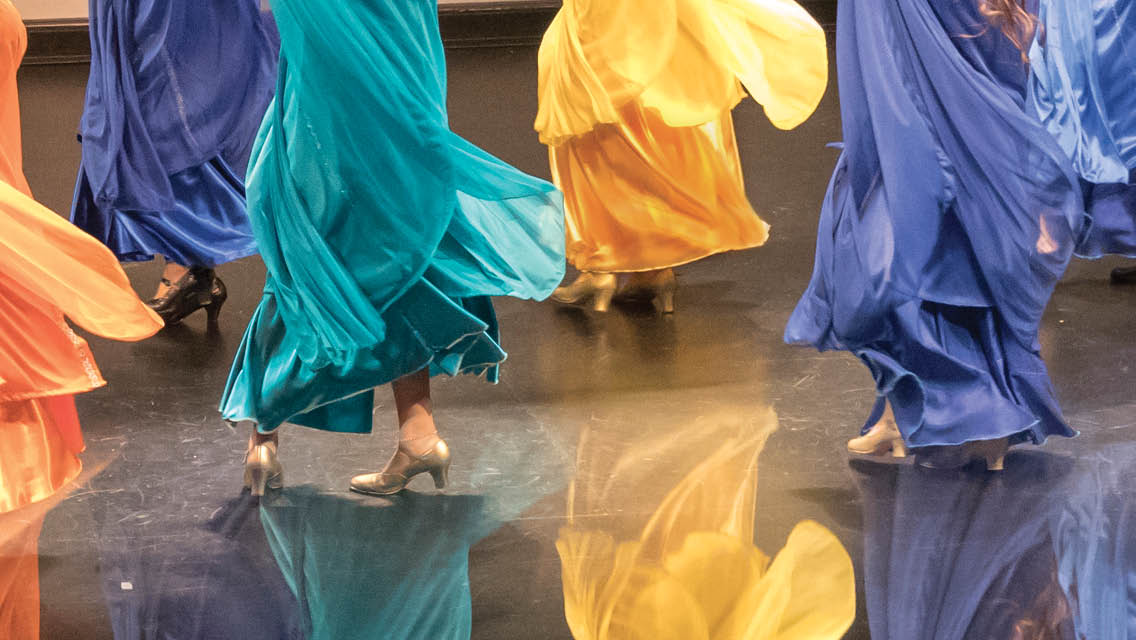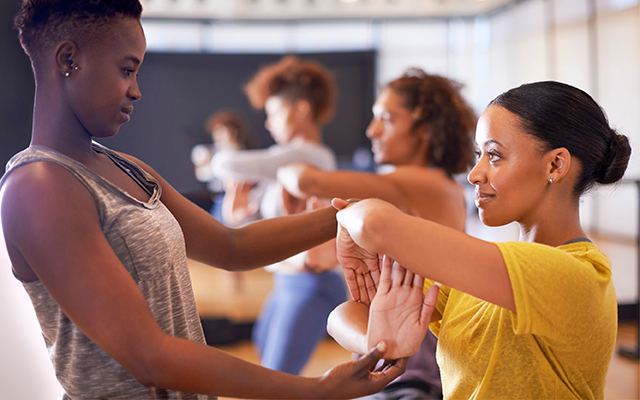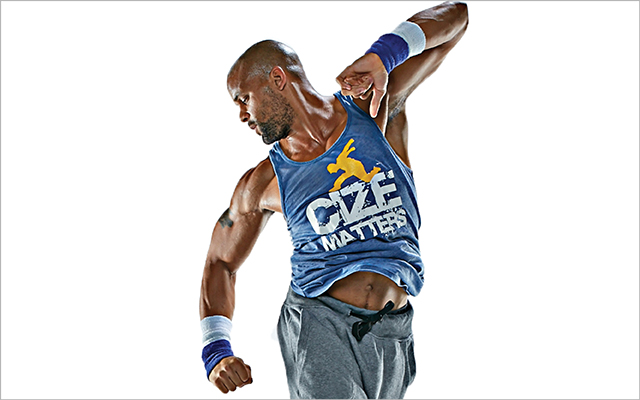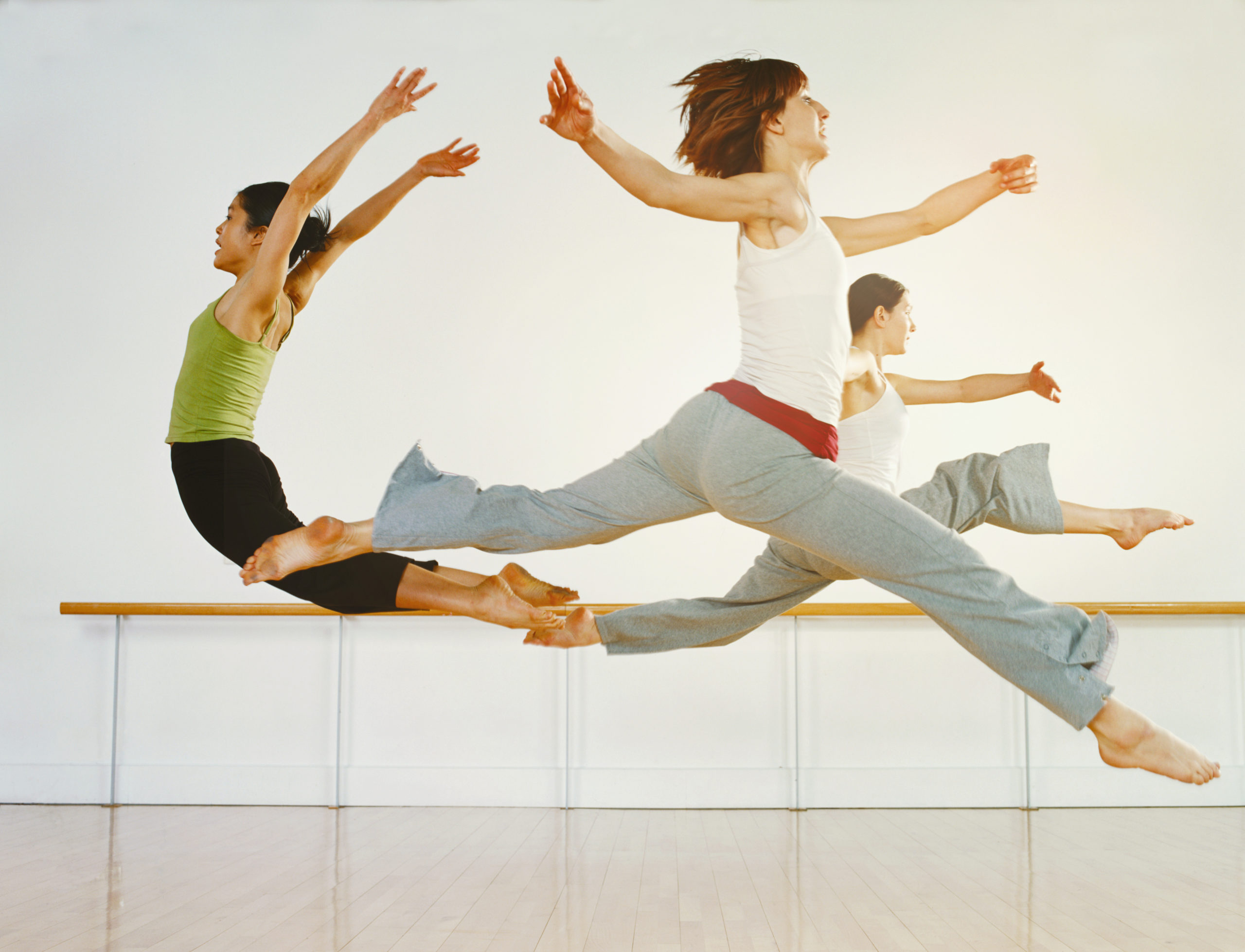Over years of exploring fitness in various forms, I’ve had the good fortune to enjoy many rewards of exercise. But perhaps the most surprising gift has been forging a deeper connection to my cultural heritage, my family, and my ancestors through the unlikely scenario of learning Persian dance via Zoom.
You see, my parents are from Iran. And while I’ve always delighted in Iranian culture — the food, art, language, music, holidays, and hospitality — I’ve had a hard time claiming it as my own. My family moved to the United States from Sweden when I was 5 years old, and, at the suggestion of a misguided ESL teacher, I abandoned not only my first languages, Farsi and Swedish, but also my sense of identity as anything other than American.
I perfected my English. I never corrected people when they mispronounced my name. I fielded questions like “What are you?” and comments like “You’re so exotic!” Uniformly I responded with a good-natured smile and the insistence that I was just a regular Jersey girl.
At the same time, I became a keen observer of my parents’ culture. From my late teens onward, I studied Iranian history, literature, cinema, and language, learning to read and write in Farsi. I learned to cook popular Iranian foods, as well as the Rashti cuisine particular to the country’s northern region where my mom’s family originated.
Where I drew the line was in speaking Farsi and dancing to Iranian music.
Perhaps it was the vulnerability required to deviate from intellectual pursuits to those that required physical engagement with the outside world. I was self-conscious about my accent.
And I was embarrassed by my inability to move my body like a “real” Iranian woman, who I imagined to be full of rhythm and grace, with shoulders, wrists, hips, and feet moving in magical, unattainable-to-me tandem.
I judged myself harshly for these perceived shortcomings, as if my hindered abilities were a natural defect rather than lack of practice.
An Instagram rabbit hole in October 2020 led me to renowned dance instructor Niosha Nafei-Jamali and her San Jose, Calif.–based dance school, Niosha Dance Academy. The desire to reclaim my roots had been building for some time, in part because the pandemic kept me away from my parents and extended family. When I discovered virtual classes in traditional and modern Persian dance, my need for connection overwhelmed my insecurities.
On the first day of class, I stumbled through introductions; the Farsi words that flowed flawlessly in my mind turned to marbles in my mouth. Likewise, I struggled to coordinate my limbs to the 6/8 time of Iranian music.
I tried to shake off the bad feeling that I didn’t belong there, that I wasn’t good enough to be in the class. As if reading my mind, Niosha reminded the group not to be too hard on ourselves if we didn’t get the moves perfect right away. Dancing is “like learning a new language,” she explained. “Give yourselves time, azizan. And practice!”
The mind-bendy thing about the stories we tell ourselves about ourselves is how easy it becomes to cling to them, even when they no longer serve us. For years I wore my story of being a “normal, perfect American” like a mask — one I had slipped on as a 5-year-old who just wanted to fit in.
Dancing with Niosha has become more than just a physical practice: Each class is an opportunity to remove the mask of assimilation I’d mistaken for my own face. Doing so with curiosity about what lies beneath — about who I am and can be — also takes practice.
Already a great workout, each class has an added benefit of making me feel surrounded by people who may as well be my aunties and cousins. Varying in age, ability, and location — folks tune in from across North America, Europe, even Iran — each person shows up with her own style, her own skills, her own unique way of being Iranian.
Now and then my old stories and fears rear up. But mostly I delight in finding a community that doesn’t care or even gauge whether anyone is “good enough” or “Iranian enough” to be there, and that with practice I am actually getting better.
More than anything, I’m grateful for the new connection to my parents’ culture — one that is my culture, too.





This Post Has 0 Comments